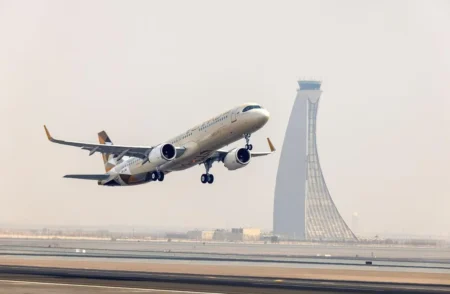WRITTEN BY CH FAISAL MAHMOOD
We have dwelt on the subject of Civil Aviation for long and more so since the previous Government put a New Civil Aviation Policy on the anvil. Cumulatively, we concerned ourselves with the misfortunes of our national carrier and travelling public, both tracing back to the adoption of non-reciprocal Open Sky Policy, which was unfairly open for national flag carrier and other local airlines.
While commending our posture on the subject, our readers have pointed out time and again its similarity with the United States’ three major airlines who asked for a Fair Sky Policy as regards the State owned carriers in the Gulf. A 3 versus 3 debate was fully raged; the three carriers of the country, sweared by private enterprise and advocated open competition, had based their demand on the inequality of assets with those of the three Arab carriers. The Gulf carriers maintained that all three carriers had benefited from USA’s bankruptcy laws which let them shed their debts and cut operating costs enabling them to continue flying.
But our similarity with them ends here; our base is different.
We go by what Pakistan’s Open Sky Policy has given to Pakistan. This is a legitimate and common ground on which policies are studied for new actions in national interest.
The current aviation policy has had a direct negative impact on PIA and Pakistan’s private sector airlines have not had the space to grow as would be justified from the volume of traffic in and from the country. Travelers have not received any reduction in ticket prices; they have rather been subjected to rank dictatorial attitude towards them and their travel agents. Carriers have subjected travel agents to zero commission and are competing directly with them; all leading to extra financial cost and unnecessary inconvenience to the traveler. Carriers earning well here give no economic spinoffs to local communities and are reported also to be generally conducting themselves imperiously. There is no significant employment generated; fewer local staff are employed and given to work more on less remuneration.
We hope that the new management at the helm of affairs will look deeper into the industry and its work culture and they should adopt the consultative process which we have advocated previously and give our country a civil aviation environment worthy of its geographical and human resource positives.




